Hossein Mohammadi Rouzbahani
An Ensemble Deep Convolutional Neural Network Model for Electricity Theft Detection in Smart Grids
Feb 10, 2021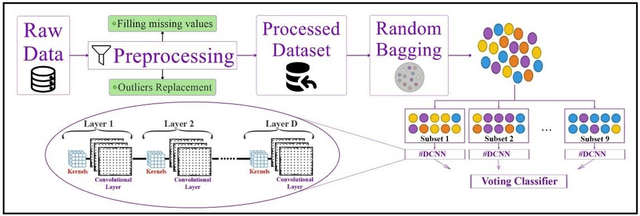

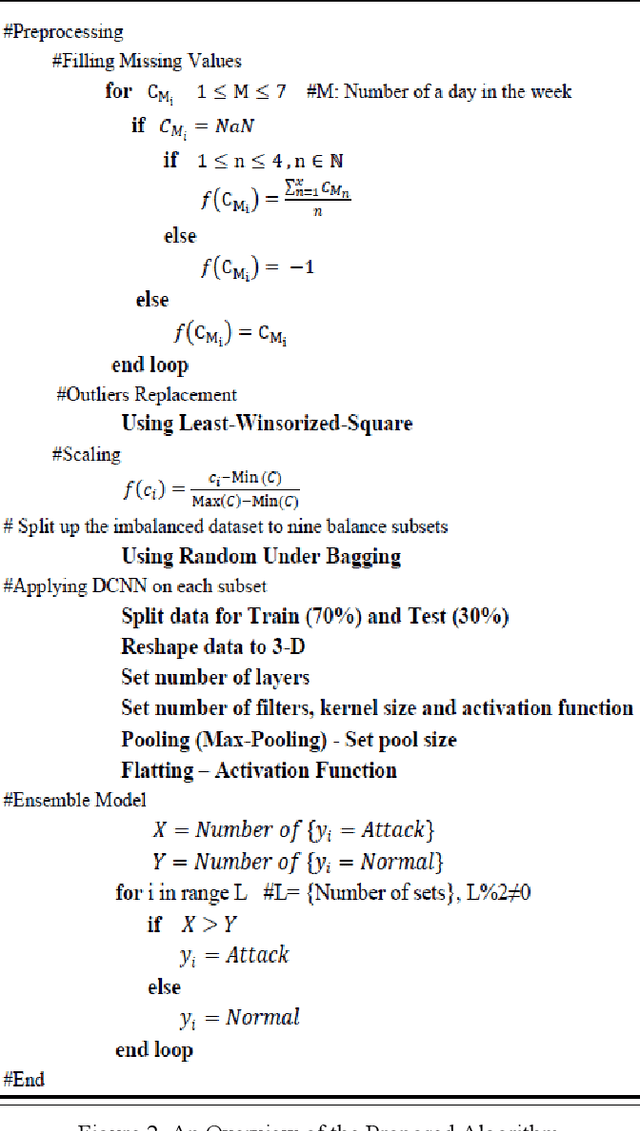
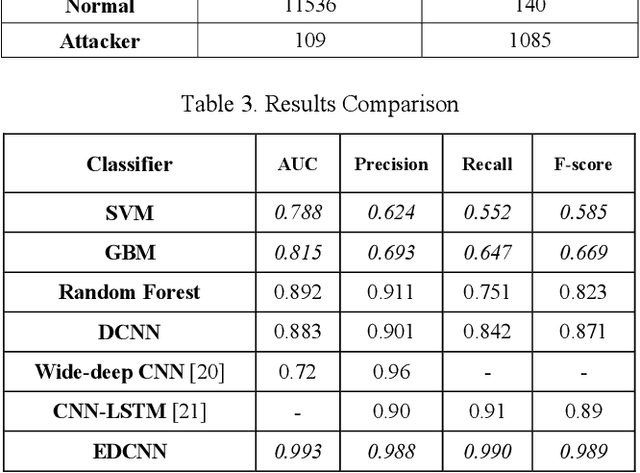
Abstract:Smart grids extremely rely on Information and Communications Technology (ICT) and smart meters to control and manage numerous parameters of the network. However, using these infrastructures make smart grids more vulnerable to cyber threats especially electricity theft. Electricity Theft Detection (EDT) algorithms are typically used for such purpose since this Non-Technical Loss (NTL) may lead to significant challenges in the power system. In this paper, an Ensemble Deep Convolutional Neural Network (EDCNN) algorithm for ETD in smart grids has been proposed. As the first layer of the model, a random under bagging technique is applied to deal with the imbalance data, and then Deep Convolutional Neural Networks (DCNN) are utilized on each subset. Finally, a voting system is embedded, in the last part. The evaluation results based on the Area Under Curve (AUC), precision, recall, f1-score, and accuracy verify the efficiency of the proposed method compared to the existing method in the literature.
Smart Households Demand Response Management with Micro Grid
Jul 08, 2019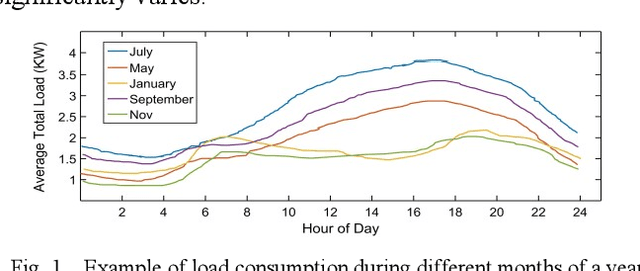
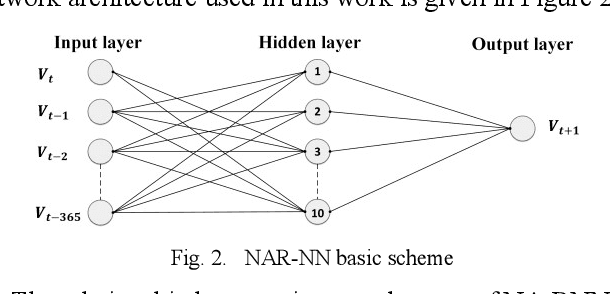
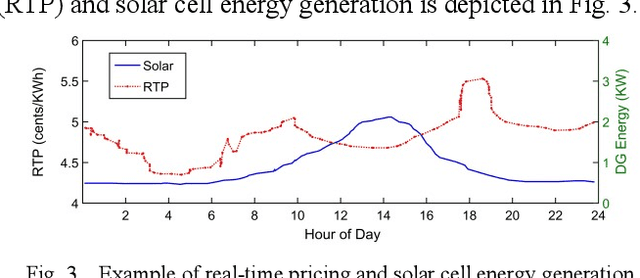
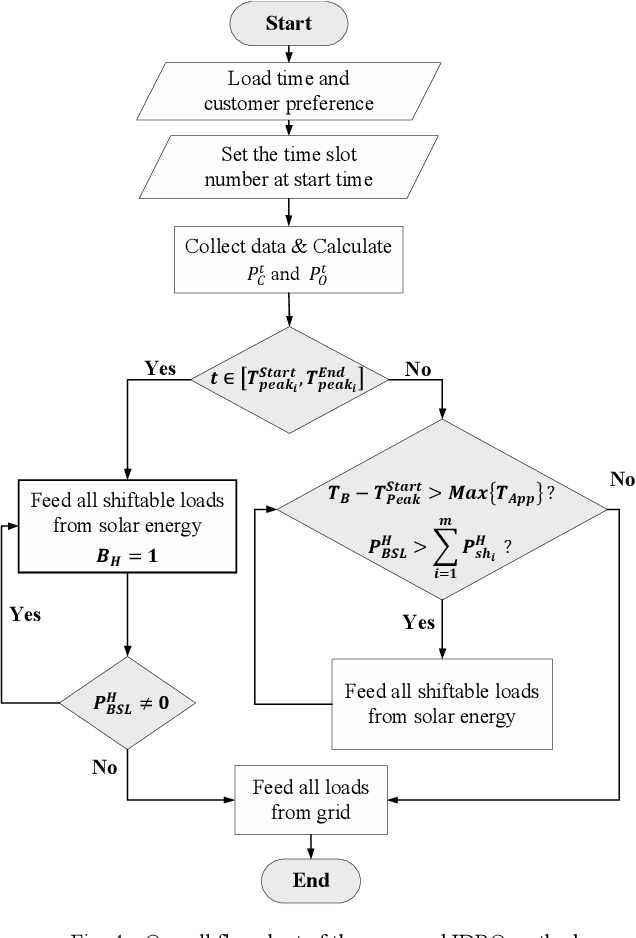
Abstract:Nowadays the emerging smart grid technology opens up the possibility of two-way communication between customers and energy utilities. Demand Response Management (DRM) offers the promise of saving money for commercial customers and households while helps utilities operate more efficiently. In this paper, an Incentive-based Demand Response Optimization (IDRO) model is proposed to efficiently schedule household appliances for minimum usage during peak hours. The proposed method is a multi-objective optimization technique based on Nonlinear Auto-Regressive Neural Network (NAR-NN) which considers energy provided by the utility and rooftop installed photovoltaic (PV) system. The proposed method is tested and verified using 300 case studies (household). Data analysis for a period of one year shows a noticeable improvement in power factor and customers bill.
 Add to Chrome
Add to Chrome Add to Firefox
Add to Firefox Add to Edge
Add to Edge